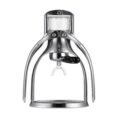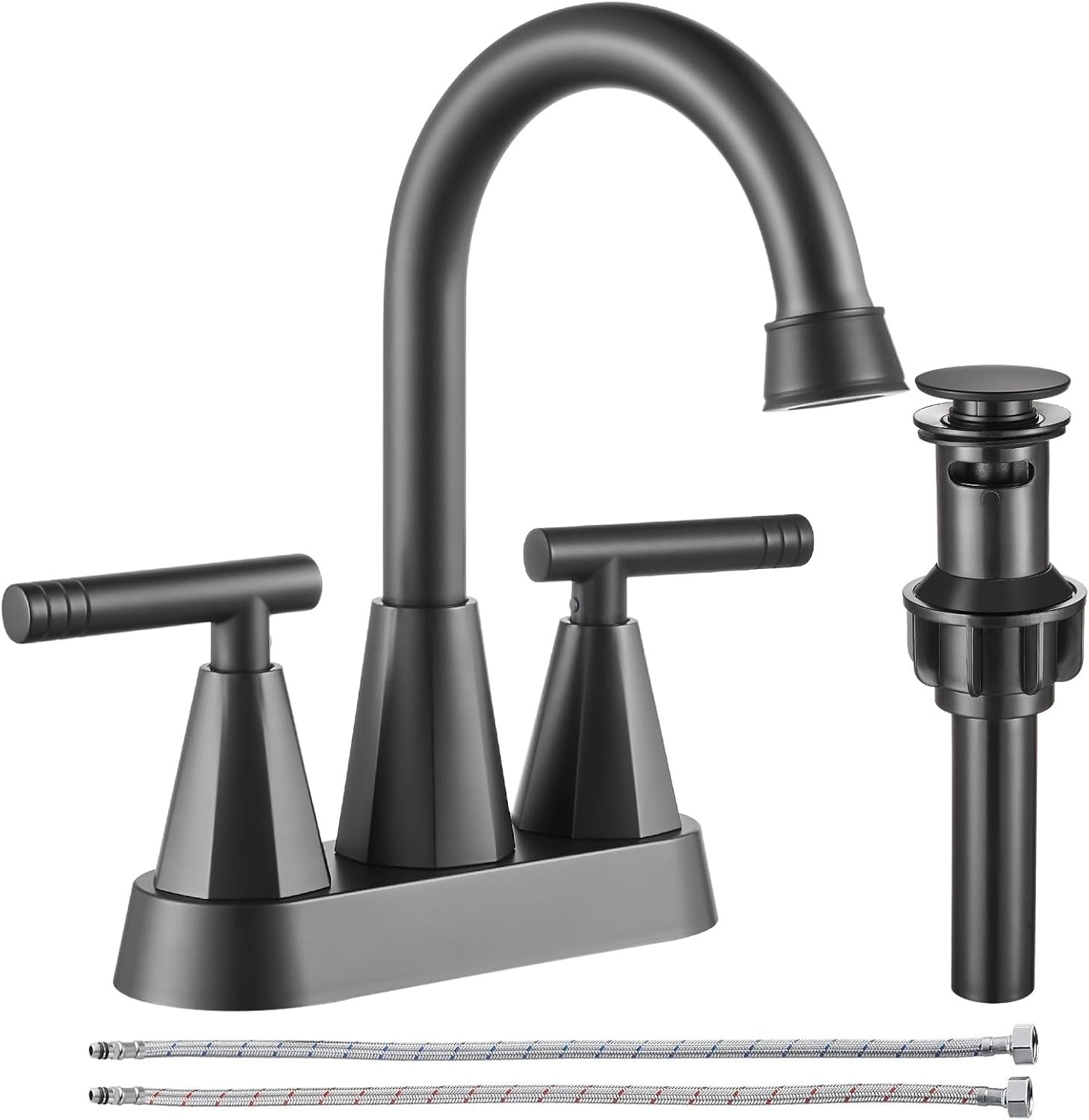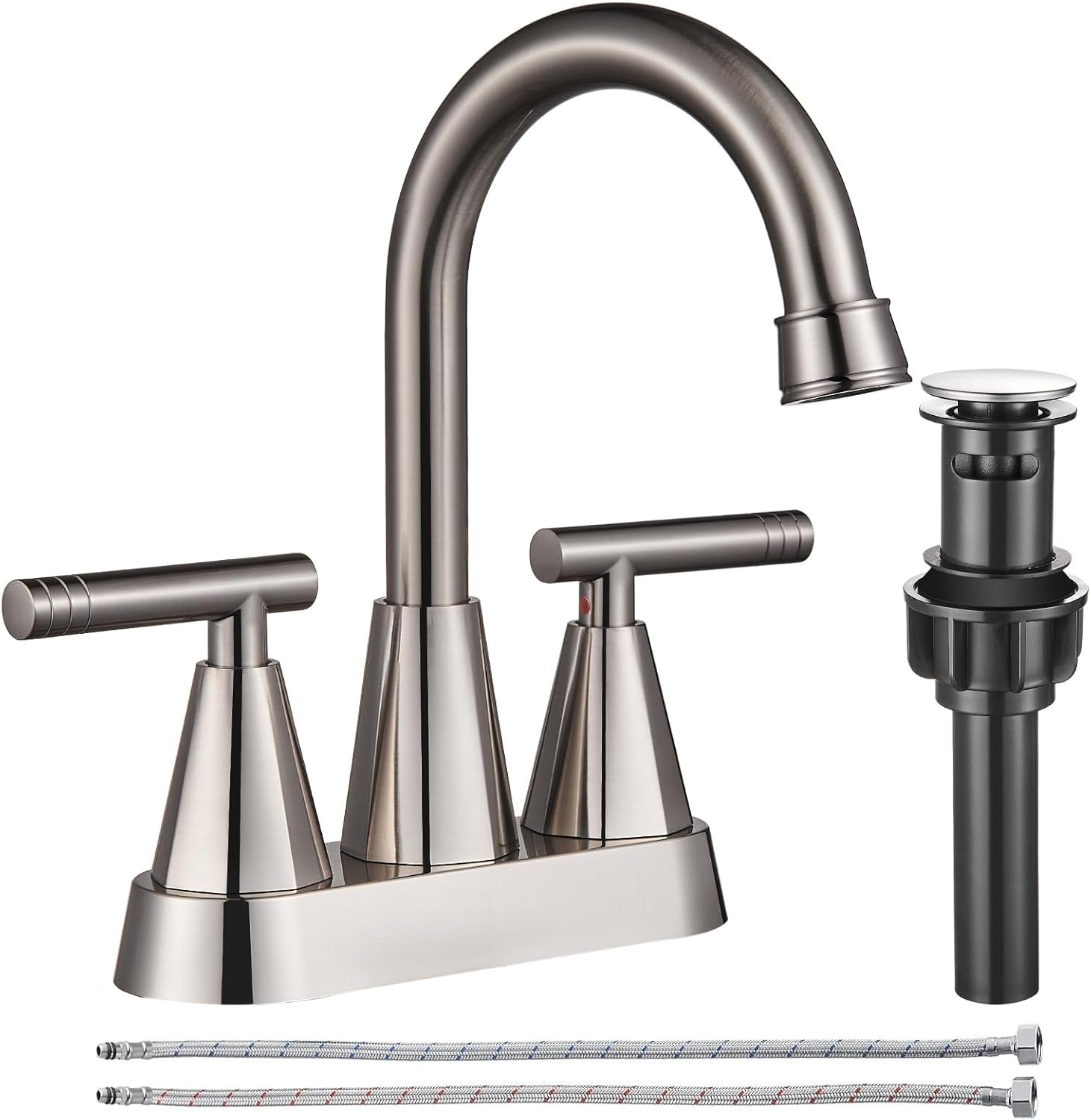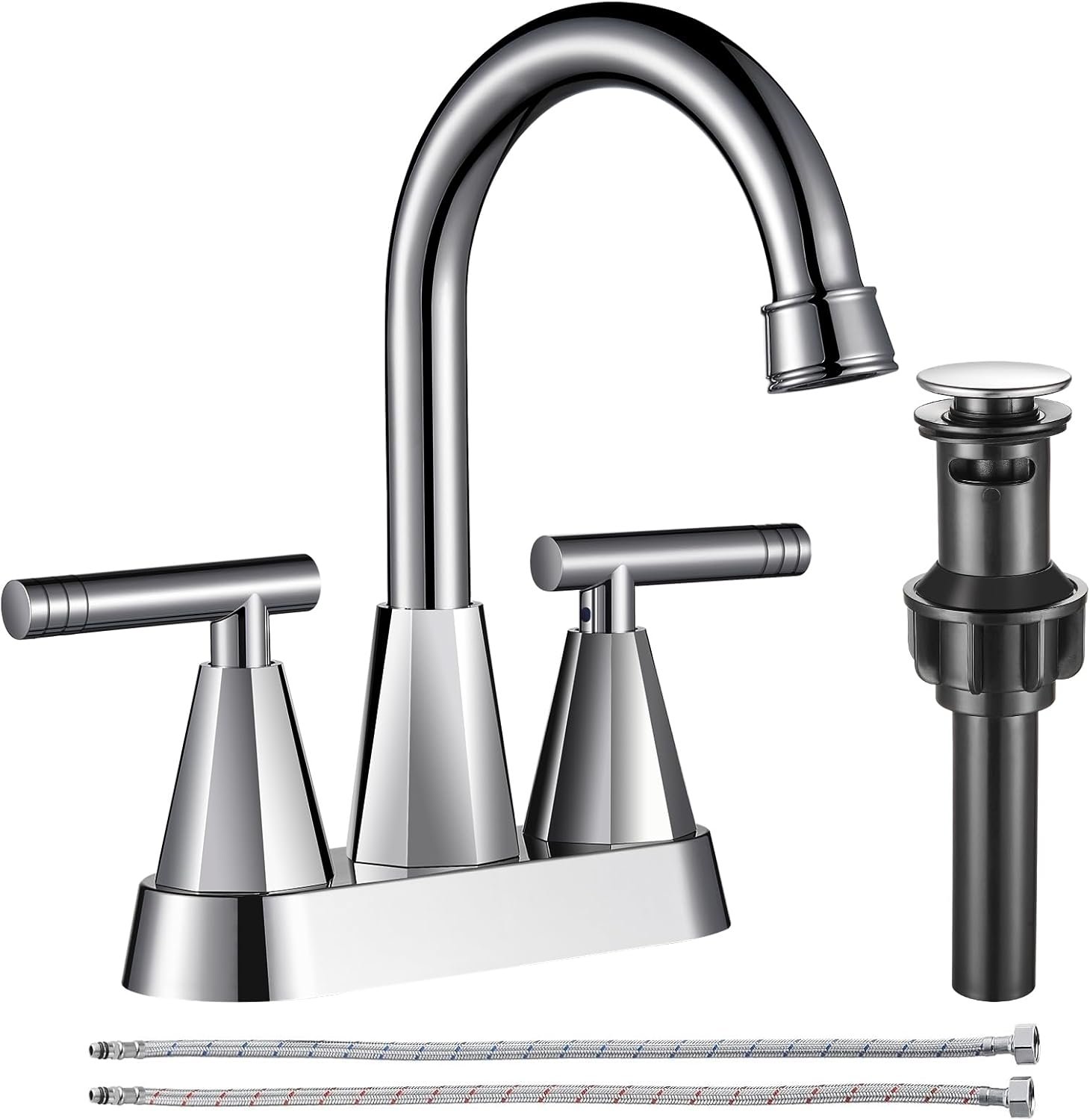In today’s world, a new idea is taking shape in nutrition – “functional foods.” These foods are not just for eating; they help improve our health in many ways. They are becoming a big part of our diets as we focus more on being healthy.
These foods are special because they can help us stay healthy. Foods like berries and fermented foods are great examples. They can boost our immune system and even help our brains work better.

Key Takeaways
- Functional foods are natural, health-promoting foods that offer benefits beyond basic nutrition.
- These foods are gaining importance in modern nutrition due to their ability to support overall wellness.
- Functional foods can help boost immunity, enhance cognitive function, and promote heart health, among other benefits.
- Incorporating a variety of functional foods into your daily diet can contribute to a holistic approach to health and well-being.
- Understanding the science behind functional foods and making informed choices is key to unlocking their full potential.
Understanding the Power of Functional Foods in Modern Nutrition
In today’s world, functional foods are changing the game in nutrition. They do more than just feed our bodies; they offer extra health perks. This shows how important bioactive compounds, nutritional science, and health benefits are, thanks to food technology.
What Makes a Food “Functional”?
Functional foods help us stay healthy and feel our best. They’re packed with special ingredients like antioxidants and probiotics. These can help with heart health, diabetes, and even brain function.
Historical Evolution of Functional Foods
The idea of functional foods isn’t new. For ages, people have used foods for health reasons. But now, thanks to nutritional science and a focus on staying healthy, we use them in new ways.
Scientific Basis Behind Functional Foods
Research has shown that functional foods really work. They can change how our bodies work, like our genes and immune system. This research has made functional foods a key part of healthy eating.

“Functional foods have the potential to revolutionize the way we approach nutrition and disease prevention.”
Essential Categories of Functional Foods in Daily Diet
Adding functional foods to our daily meals is key for better health. These foods are packed with probiotics, antioxidants, omega-3 fatty acids, and phytochemicals. They help us feel our best naturally.
Probiotics are a big deal in the health world. Found in foods like yogurt and sauerkraut, they help our gut stay healthy. They also boost our immune system.
Antioxidant-rich foods, like berries and leafy greens, are also vital. They fight off damage in our cells. This can lower the risk of serious diseases and keep our cells working well.
Omega-3 fatty acids are found in foods like salmon and walnuts. They’re good for our hearts and brains. They help reduce inflammation and support our thinking skills.
| Functional Food Category | Examples | Health Benefits |
|---|---|---|
| Probiotics | Yogurt, kefir, sauerkraut | Gut health, immune support |
| Antioxidants | Berries, leafy greens, spices | Cellular health, chronic disease prevention |
| Omega-3 Fatty Acids | Salmon, walnuts, chia seeds | Heart health, cognitive function |
By eating these foods every day, we can get lots of health benefits. It’s a smart way to take care of ourselves.

Superfoods and Their Enhanced Nutritional Properties
Superfoods are a special group of foods packed with nutrients. They offer health benefits that can boost our well-being. Let’s look at some of the most celebrated superfoods and their amazing benefits.
Berries and Antioxidant-Rich Foods
Berries like acai, blueberries, and raspberries are full of antioxidants. These help fight oxidative stress and support a strong immune system. They also have phytochemicals that may lower the risk of chronic diseases.
Leafy Greens and Micronutrients
Kale, spinach, and other leafy greens are rich in vitamins, minerals, and fiber. They help keep our diet balanced, supporting healthy cells, strong bones, and a healthy microbiome.
Fermented Foods and Gut Health
Foods like kombucha and sauerkraut are full of good probiotics. They help keep our gut healthy. This supports better digestion, a stronger immune system, and can even improve mood and brain function.
Adding these superfoods to our diet can greatly improve our health. As we learn more about functional foods, the benefits of these nutrient-rich foods become even clearer.

The Science Behind Bioactive Compounds
Functional foods are known for boosting health and well-being. This is thanks to bioactive compounds like polyphenols, carotenoids, and flavonoids. These elements in plant-based foods help our bodies at the cellular level.
Polyphenols are antioxidants that fight off harmful free radicals. They also reduce inflammation and help with healthy aging. Carotenoids, meanwhile, add color to fruits and veggies. They protect against oxidative stress and boost our immune system.
Flavonoids, a type of polyphenol, improve heart health, brain function, and even fight cancer. They work with our body’s signals to keep cells healthy and genes balanced. This helps us stay well and feel our best.
Nutrigenomics explores how these compounds affect our genes. By studying how nutrients change gene activity, scientists find ways to prevent disease and extend life. This shows how functional foods can be powerful allies for our health.
| Bioactive Compound | Health Benefits |
|---|---|
| Polyphenols | Antioxidant protection, anti-inflammatory effects, support healthy aging |
| Carotenoids | Enhance immune function, protect against oxidative stress, support eye health |
| Flavonoids | Cardiovascular health, cognitive function, cancer prevention |
“The power of functional foods lies in their ability to nourish our bodies at the cellular level, harnessing the synergistic effects of bioactive compounds to promote overall well-being.”
Functional Foods: Eat Your Way to Better Health
Functional foods are a game-changer for our health and well-being. They are packed with nutrients that help our bodies in many ways. This makes them a great choice for anyone looking to improve their health.
Key Benefits for Overall Wellness
Adding functional foods to our diet can bring many benefits. They help boost our immune system and support heart health. They also improve brain function and help with digestion.
Integration into Daily Meals
Making functional foods a part of our daily meals is easy and beneficial. Try adding berries to your morning smoothie or sauerkraut to your salad. Enjoy a green stir-fry for dinner. There are countless ways to include them in our meals.
Measuring Health Improvements
It’s important to track how functional foods affect our health. By watching our energy, immune system, digestion, and blood work, we can see the benefits. This helps us make better food choices.
Choosing functional foods is a big step towards a healthier life. They give us the nutrients we need for better health and well-being. This leads to a more balanced and vibrant life.
Natural vs. Fortified Functional Foods
In the world of functional foods, there’s a big debate. It’s about whether naturally occurring whole foods or fortified products are better. Both have their own benefits for nutrition and how well our bodies can use them.
Whole foods like berries, leafy greens, and fermented items are full of good stuff. They have antioxidants, probiotics, and vitamins. These nutrients work together well, helping our bodies use them better. Research shows that whole foods are better for us than isolated or synthetic supplements.
| Whole Foods | Fortified Foods |
|---|---|
| Natural source of functional compounds | Nutrients added during food processing |
| Higher bioavailability of nutrients | Varying levels of nutrient absorption |
| Synergistic effects of compounds | Isolated, synthetic nutrients |
| Minimally processed | Highly processed |
Fortified or enhanced foods get extra nutrients through processing. They might make it easier to get certain nutrients. But, how well our bodies can use these added nutrients can vary a lot. Some nutrients added to foods might not be as good as the natural ones in whole foods.
Choosing between natural and fortified functional foods depends on what you like, your diet, and your health goals. Eating a mix of both can help you get all the nutrients you need. This way, you can get the most out of these special foods.
Impact of Functional Foods on Disease Prevention
Functional foods are amazing at preventing health issues. They use bioactive compounds to boost heart health, immune function, and brain power.
Heart Health and Circulation
Studies show functional foods are good for the heart. Omega-3s in fish fight inflammation and lower heart disease risk. Berries and greens improve blood flow and lower cholesterol, key for a healthy heart.
Immune System Support
Functional foods help the immune system too. Foods like yogurt and kimchi have probiotics for gut health and stronger defenses. Garlic, ginger, and turmeric also boost immunity.
Cognitive Function Enhancement
Functional foods are also great for the brain. Omega-3s and antioxidants support brain health and fight age-related decline. Walnuts, blueberries, and greens are top choices for brain health and longevity.
Adding functional foods to our diet can prevent diseases. The science keeps growing, showing these foods are key to well-being.
Incorporating Functional Foods into Your Meal Plan
Adding functional foods to your meals can greatly improve your health. These foods are packed with nutrients that help your body work better. They also help you live longer. Here are some easy ways to add them to your diet.
Embrace Dietary Diversity
Getting a variety of functional foods is key. Dietary diversity means you get lots of vitamins and minerals. Try to eat different types of functional foods each week, like berries, leafy greens, and fermented foods.
Plan Ahead with Meal Prep
Start by planning your meals with meal prep. Set aside time to plan your meals for the week. This way, you can make sure you’re eating a balanced diet with all the nutrients you need.
Get Creative with Recipes
Functional foods can make your meals tasty and healthy. Try new recipes that use these foods. You can make smoothie bowls with berries or stir-fries with leafy greens. It’s fun to find new ways to eat them.
By following these tips, you can enjoy the many benefits of functional foods. They help you eat a balanced diet and feel great. So, get creative, plan ahead, and enjoy the journey to better health, one delicious meal at a time.
“Functional foods are not just about nutrition – they’re about optimizing your overall health and wellbeing.”
Understanding Labels and Making Informed Choices
In the world of functional foods, it’s key to understand labels and make smart choices. This guide will help you read nutrition facts and find quality sources. You’ll learn to be a savvy consumer.
Reading Nutrition Facts
Nutrition labels are full of useful info about our food. When looking at functional foods, focus on nutrient claims and the nutrient profile. Choose products with antioxidants, probiotics, and healthy fats. Stay away from foods with too much sugar, preservatives, or unhealthy additives.
Identifying Quality Sources
Not all functional foods are the same. For the best quality, look for organic certification or “clean eating” labels. These signs mean the food is pure and has a low environmental impact.
Also, check the brand’s reputation for food labeling honesty and ethics. Good companies share details about their food’s source and production.
| Label Claim | What It Means |
|---|---|
| Organic | The food was grown and processed without synthetic pesticides, fertilizers, or chemicals. |
| Non-GMO | The food doesn’t have genetically modified organisms. |
| Gluten-free | The food doesn’t have gluten-containing ingredients. |
| Vegan | The food doesn’t have animal-derived ingredients. |
By understanding food labels and choosing high-quality, certified foods, you can make better choices. These choices support your health and wellness.
Conclusion
The rise of functional foods has changed how we think about nutrition and health. By adding these ingredients to our diet, we can improve our well-being. Foods like berries and fermented foods are full of nutrients that help us stay healthy.
Research shows that these foods can help with heart health and brain function. By choosing the right foods and reading labels, we can find the best nutrients. This makes it easy to add them to our meals.
Let’s use functional foods to improve our health. Making small changes to our diet can lead to lasting wellness. Enjoying a diet rich in these ingredients can greatly benefit our health.
FAQ
What are functional foods?
Functional foods are foods that have extra health benefits. They can be natural or processed. These foods help keep you healthy and prevent diseases.
How do functional foods differ from traditional foods?
Functional foods have more nutrients and health benefits than regular foods. They are made to help your body in special ways.
What are some examples of functional foods?
Examples include probiotics, berries, fatty fish, whole grains, and leafy greens. These foods are packed with good stuff for your health.
What are the health benefits of consuming functional foods?
Eating functional foods can help your heart, boost your immune system, and improve your brain. They also reduce inflammation.
How can I incorporate more functional foods into my diet?
Adding functional foods is easy. Try berries in your breakfast, nuts and seeds as snacks, fatty fish for lunch, and colorful veggies for dinner.
Are all functional foods organic or natural?
No, not all are organic or natural. Some are processed or have extra nutrients. Always check the labels to know what you’re eating.
How can I identify high-quality functional food sources?
Choose foods that are minimally processed and free from additives. Look for labels like organic, non-GMO, or fair trade. This ensures they are good for you and the planet.
Can functional foods replace medication for certain health conditions?
Functional foods can support your health, but they shouldn’t replace medicine. Always talk to your doctor about what foods are right for you.







 SOFAS
SOFAS
 SECTIONALS
SECTIONALS
 ARMCHAIRS
ARMCHAIRS
 Headboards
Headboards
 Beds
Beds
 Deskes
Deskes
 Accent tables
Accent tables
 Mattresses
Mattresses
 Office chairs
Office chairs
 Outdoor seating
Outdoor seating
 Barstools
Barstools
 Ottomans
Ottomans
 Living room
Living room
 Bedroom
Bedroom
 Bathroom
Bathroom
 Kitching dining
Kitching dining
 Entryway
Entryway
 Home office
Home office
 Baby & kids
Baby & kids
 Outdoors
Outdoors
 Small spaces
Small spaces
 Vacuums & Floor Care
Vacuums & Floor Care
 Kitchen & bath fixtures
Kitchen & bath fixtures
 Food storage
Food storage
 Kitchen organization
Kitchen organization
 Glassware
Glassware
 Mugs & cups
Mugs & cups
 Dinerware
Dinerware
 Flatware
Flatware
 Small appliances
Small appliances
 Ice makers & more
Ice makers & more
 Coffee & tee
Coffee & tee






